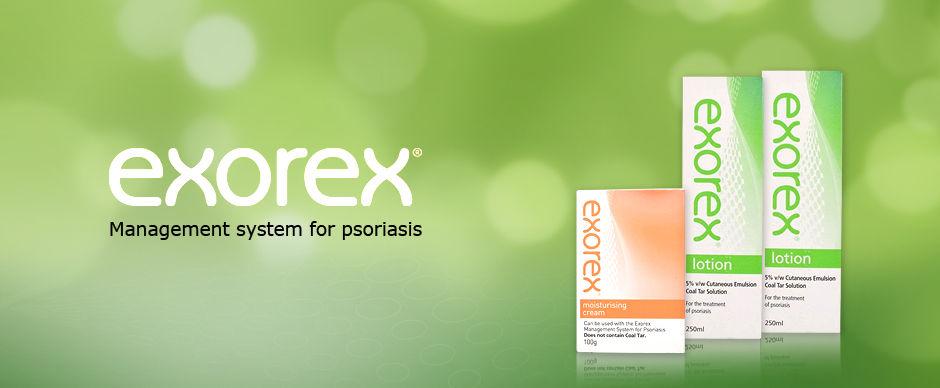
Understanding Psoriasis
Scalp Psoriasis
Psoriasis can affect the scalp, noticeably with patchy, thick scales. Some hair may fall out when scales are removed, but it usually grows back. It is common around the ears and hairline and sufferers find it upsetting, unsightly and hard to treat. The scalp can also feel uncomfortable and itchy, the patches may bleed if you scratch them excessively and can leave the shoulders covered in what looks like extremely bad dandruff.
Treatment Options
There are lots of different treatments for psoriasis. Chronic plaque psoriasis often responds to treatments which can be rubbed into the skin, known as topical treatments, and these can be prescribed by your own doctor; making a visit to a specialist unnecessary. Some products are also available, without a prescription, from your pharmacist.
- Coal Tar - Tar products are the most traditional treatments for psoriasis and include creams, shampoos and bath preparations. Although the older coal tar preparations can stain and smell unpleasant, there are newer coal tar treatments available which have less odour and are less likely to stain your skin or clothes. Ask your doctor or pharmacist for advice.
- Emollients - These are moisturisers which used by themselves do not control psoriasis but can be stop scaly patches becoming too dry and itchy. It is important to use an emollient every day to make the skin more comfortable.
- Vitamin D ointments and creams - These treatments are prescribed by your doctor and are used twice daily until the skin clears, although some redness may remain. Some people may experience mild irritation, but this is not usually severe and treatment can be continued.
The current topical treatments include:
Psoriasis - some basic rules
With regular treatment it may be possible to control psoriasis and you may remain symptom free for long periods of time. In addition to following theExorex Management System the following points should be noted:
Never irritate lesions
Avoid irritants such as perfumed and/or coloured soaps, shampoos, shower gels, body creams, baby oils and moisturisers. Never allow lesions to become excessively dry.
Moisturise as often as needed between exorex lotion applications, using compatible moisturisers such as exorex moisturising cream for the body and exorex scalp moisturiser for the scalp.
Be careful with alcohol consumption
Some people feel their psoriasis can be triggered or made worse by excess alcohol. Therefore we recommend that you avoid drinking alcohol, especially during the first 3 months of your treatment programme.
Avoid contact irritants
Certain detergents, deodorants, hair dyes, perfumes and after-shaves can act as triggers. Therefore it is worth keeping a watchful eye on your particular trigger substance and avoid wherever possible.
Be aware of your diet
Again, some people feel that certain foods can aggravate psoriasis. The ‘problem’ foods vary greatly from one sufferer to another, therefore you may need to discover what, if any, foods have an effect on your own condition by eating things in isolation and noting whether there are any changes to your condition.

